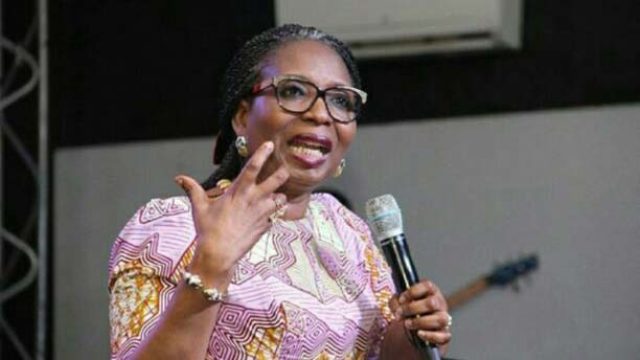The Director, Capacity Building, Central Bank of Nigeria (CBN), Chizoba Mojekwu, has stressed the need for financial institutions to shun gender disparity and implement the minimum 30 per cent female representation on the board of companies operating in the country.
Similarly, the Chairperson, First Bank of Nigeria Limited, Mrs Ibukun Awosika, said for the nation to achieve reasonable level of growth, there must be increased women involvement in the workplace with fair treatment given to them in terms of hiring.
The duo spoke at the CBN’s, Nigerian Sustainable Banking Principles (NSBP) workshop, organised by Access Bank Plc in Lagos, on Wednesday.

Mojekwu wondered why Nigeria has not made remarkable progress in the area of gender equality, noting that companies would add tremendous value to the workplace by balancing the leadership.
She urged financial institutions, especially the banks to strategise on how to raise the very low number of women representation on their boards.
The CBN had directed encouraged banks in Nigeria to appoint at least 30 per cent female board members, and 40 per cent management staff with a view to stimulating women’s participation in development and nation-building.
However, the directive has not been fully implemented by the commercial banks, as some of them have less than 20 per cent female representation on the board.
“My view is that we are dealing with a major transformational issue more than a technical challenge; it is all-inclusive.
We should also talk about hiring the physically challenged, so it is important we drive conversations that are holding women back in organisations.”
Awosika argued that an effective way to advocate for gender equality is to actively involve both genders, noting that increased women participation at all levels is panacea to national economic growth.
She argued that inclusive leadership is necessary because it would contribute to financial inclusion, stability, and effective functioning of financial markets as well as bolster economic and sustainability.
“It is really about understanding and educating the populace, educating the workforce, and educating the leaders in the different environment, and then being deliberate in creating an enabling environment not just talk but in real terms,” she said.
The Managing Director/CEO Access Bank, Herbert Wigwe, admitting that the Nigerian sustainability banking principles introduced five years ago has come a long way, however noting that there are still many institutions that have not attained the expected level of compliance particularly as it pertains to gender equality.

